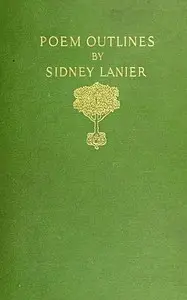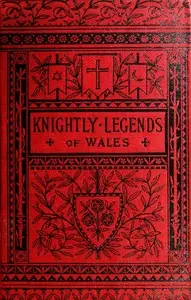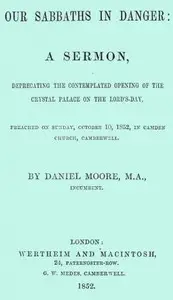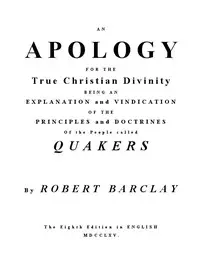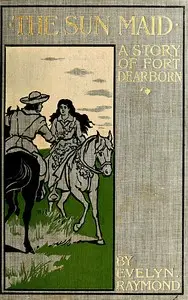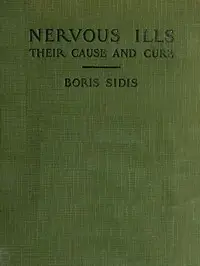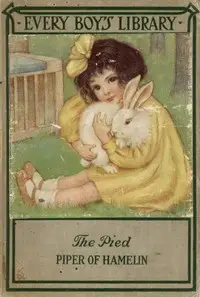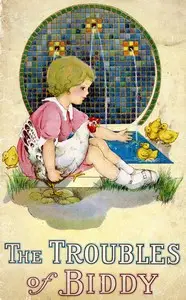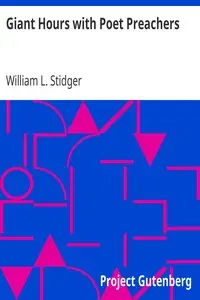"Select Poems of Sidney Lanier" by Sidney Lanier is a collection of poetry reflective of the late 19th century. This edited volume showcases Lanier's lyrical and often nature-inspired works, aiming to introduce his poetry to a broader audience, particularly students. The anthology not only celebrates the beauty and themes present in Lanier's poetry but also provides insight into the life and struggles of the poet himself, allowing readers to appreciate the depth of his artistic vision. At the start of this collection, the introduction outlines the purpose of the anthology while offering a brief sketch of Sidney Lanier’s life. It highlights his journey from a musically inclined youth to a soldier during the Civil War, and eventually to a poet and lecturer despite his ongoing battles with health issues. The opening chapters emphasize Lanier's profound connection to nature and music, setting the stage for understanding how these influences permeate his poetry, as seen in the selections that capture both the splendors and challenges of life. The editor, Morgan Callaway, aims to present Lanier as a significant figure in American poetry, making a case for his enduring value and relevance. (This is an automatically generated summary.)

Select Poems of Sidney Lanier
By Sidney Lanier
"Select Poems of Sidney Lanier" by Sidney Lanier is a collection of poetry reflective of the late 19th century. This edited volume showcases Lanier's ...
Sidney Clopton Lanier was an American musician, poet and author. He served in the Confederate States Army as a private, worked on a blockade-running ship for which he was imprisoned, taught, worked at a hotel where he gave musical performances, was a church organist, and worked as a lawyer. As a poet he sometimes used dialects. Many of his poems are written in heightened, but often archaic, American English. He became a flautist and sold poems to publications. He eventually became a professor of literature at Johns Hopkins University in Baltimore, and is known for his adaptation of musical meter to poetry. Many schools, other structures and two lakes are named for him, and he became hailed in the South as the "poet of the Confederacy". A 1972 US postage stamp honored him as an "American poet".

